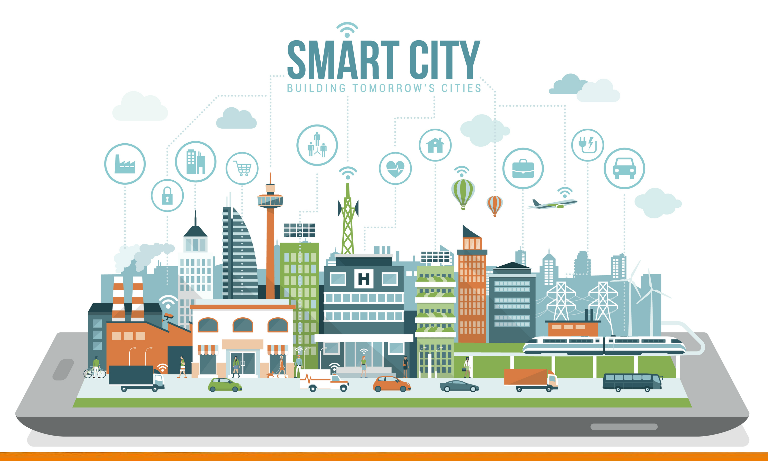The concept of smart cities has gained significant traction in recent years as urban centers seek to harness technology and innovation to create more sustainable, efficient, and livable environments. Electric vehicle (EV) charging infrastructure plays a crucial role in the development of smart cities, promoting sustainable transportation and facilitating the adoption of electric mobility. In this article, we will explore the impact of EV charging infrastructure in the development of smart cities and how GridFlow’s services contribute to this vision.
- Enabling Sustainable Transportation: EV charging infrastructure is a key component of sustainable transportation systems within smart cities. By providing accessible charging stations, cities can encourage the adoption of electric vehicles, reducing greenhouse gas emissions, air pollution, and dependence on fossil fuels. GridFlow’s services ensure the efficient management and operation of EV charging infrastructure, facilitating the seamless integration of electric mobility into the fabric of smart cities.
- Supporting Energy Management and Grid Integration: EV charging infrastructure can be integrated with smart grid systems, enabling intelligent energy management. GridFlow’s advanced software suite enables load balancing, demand response, and optimal utilization of renewable energy sources. By intelligently managing EV charging schedules, cities can optimize energy usage, reduce peak demand, and enhance the stability and resilience of the power grid.
- Enhancing Urban Planning and Infrastructure: EV charging infrastructure influences urban planning and development strategies within smart cities. GridFlow’s solutions provide real-time data and insights on charging station usage, allowing cities to identify optimal locations for charging infrastructure placement. This data-driven approach facilitates informed decision-making in urban planning, ensuring that EV charging stations are strategically positioned to meet the needs of residents, businesses, and public transportation systems.
- Driving Innovation and Economic Growth: The development of EV charging infrastructure fosters innovation and economic growth within smart cities. As the demand for electric mobility increases, new business opportunities emerge, including charging infrastructure manufacturers, service providers, and software developers. GridFlow’s services contribute to this ecosystem by offering innovative solutions for efficient charging station management and user-friendly mobile applications. These advancements spur economic growth, create jobs, and position cities at the forefront of the clean energy transition.
- Enhancing Quality of Life: The integration of EV charging infrastructure in smart cities contributes to an enhanced quality of life for residents. Accessible charging stations in residential areas, commercial districts, and public spaces provide convenience for EV owners, reducing range anxiety and promoting electric vehicle usage. GridFlow’s services ensure the availability of real-time charging station information, enabling users to locate nearby stations, check availability, and plan their charging needs effectively.
EV charging infrastructure plays a vital role in the development of smart cities, contributing to sustainable transportation, energy management, urban planning, innovation, and improved quality of life. GridFlow’s services empower smart cities to effectively manage and optimize their EV charging infrastructure, facilitating the seamless integration of electric mobility into the fabric of urban life. By leveraging these innovative solutions, smart cities can embrace the future of clean and efficient transportation, paving the way for a more sustainable and livable urban environment for generations to come.

